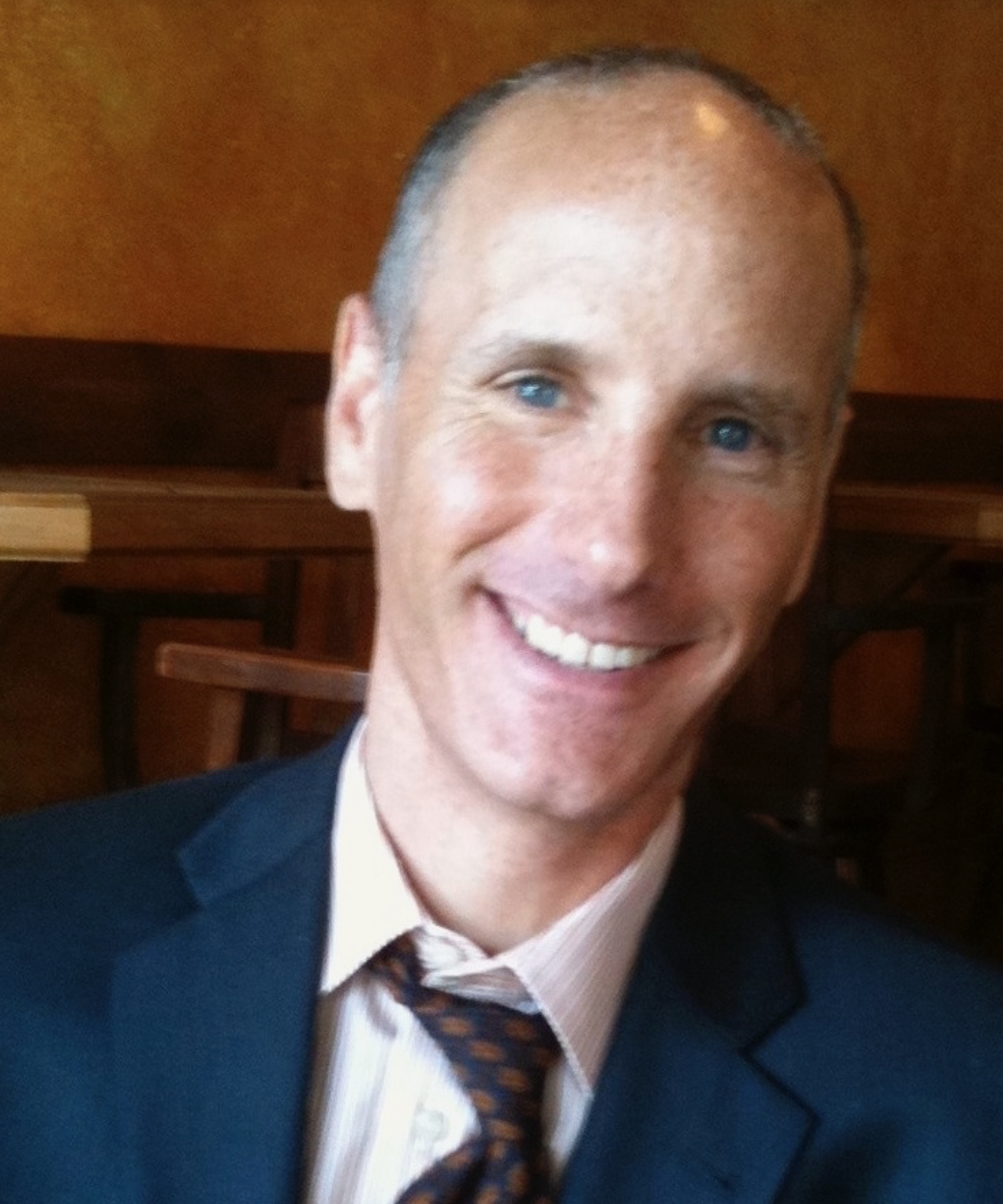It’s hard to find a person who hasn’t been touched — directly or through someone they love — by a serious illness, aging, or the loss of a loved one. We all know these experiences but when you are in the middle of it, it’s easy to feel alone. You’re faced with big, emotional challenges you must figure out how to navigate for yourself.
We don’t need to struggle through the experience alone. I Know Something is a new initiative working to unlock the power of personal stories. We capture stories as short videos and add expert reflection exercises to help people find insights and make personally meaningful choices. We’re making our collective wisdom available on-demand to help tackle the isolation, confusion, and suffering that is such a common part of illness, aging, and loss.
These personal stories create, in effect, a feedback channel across the health system. The data — our collected stories — help new families learn about the choices they will face, how to manage daily life after diagnosis, and how families make decisions in such trying times.
The stories also help us understand the needs of families in order to continuously improve our service. Storytelling is a powerful tool for collecting insights, and we’ve found some tactics that can help capture people’s real experiences:
- Ask about specific moments. When we tell a story over dinner, it’s invariably about a real moment. We talk about specific people, in a real place, and share the back and forth of what happened. When we look for feedback, however, we often ask people a big question about their “experience.” We get back generalizations as people try to summarize lots of events. In capturing stories for I Know Something, we ask people, “Can you tell me about a moment when you…?” We then follow along to ask questions about who was involved, what happened next, and what the results were. This approach brings out details about what exactly is – and is not – working for people. For example, when Leon talks about the moment he realized how far his wife’s dementia had progressed, we get past generalities about the incremental progress of the disease to see how it is, in real life, that we convince ourselves of what we want to see.
- Bring yourself to the conversation. We’re entering into dialogue with people, not surveying them. It is through real dialogue that we hand leadership over to our storytellers and open the door to surprises we couldn’t have predicted. I haven’t gone through all the same experiences as the people I interview, but I have experiences that help me relate. I often trade stories with people, sharing some of my experience in response to theirs. It turns a one-way interview into a conversation, and opens the door to stories that can be very intimate. You need to use your judgement so you don’t bias or lead the conversation (especially in a formal evaluation), but the trust you create by being vulnerable yourself can bring forward stories you wouldn’t hear otherwise.
- Close the loop with storytellers. We typically talk with a person for an hour, and produce four or five short videos from the stories they share. There’s a lot of editing involved to bring the stories together as three-minute clips that can engage and educate and influence others. The last step in our process is to show the videos to the storyteller and get their feedback. Looping back helps us make sure we’ve heard their truth and are telling their story correctly. Storytellers often find new insights themselves when they see their experience laid out in this new way. And new families benefit from the storyteller’s ideas for how to best communicate what they have seen and done.
We are social storytellers by nature. Capturing and sharing stories is a powerful way to understand the real experiences of the people we are trying to help. I Know Something is tapping into this simple human activity to change the everyday experience of people facing complex health issues. It is the power of these stories that leads people to say “what you have started is one of the most brave, compassionate, supportive resources to find difficult information I’ve ever encountered.”
Jim Rosenberg is the founder of I Know Something (www.iksproject.com), a new initiative to help people learn from each other’s real experiences when facing serious illness, the end of life, and loss and grief. Jim is also a strategy and innovation consultant who works with mission-driven organizations to find new opportunities for impact and growth. Jim has previously worked as an executive in nonprofit capacity building, in venture-backed startups, and as a process change agent with Fortune 500 organizations. Jim has an MBA from Stanford University Graduate School of Business and a BA from University of Pennsylvania. @JimARosenberg
Three Things Thursday is a weekly blog series where feedback innovators describe three specific components of their feedback practice that they think makes them successful. These straightforward but profound practices help the Feedback Labs community understand how they can integrate closing feedback loops in their own work. If you would like to contribute to the blog with your own Three Things, submit your ideas here or drop Meg a note at [email protected].









